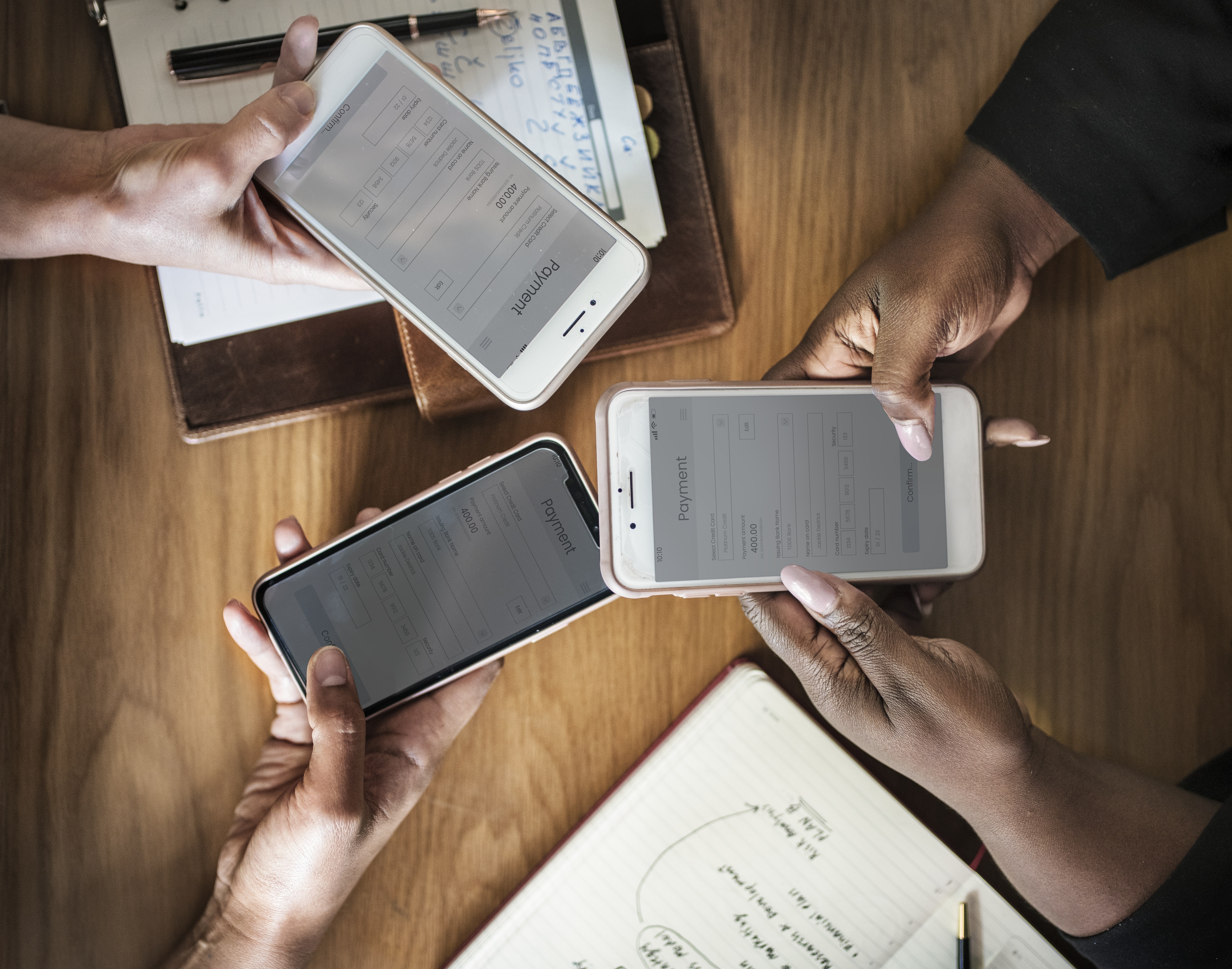How Can We Deepen Transparency in Nigeria's Digital Financial Services?

How much does it cost to send money to a friend on your phone? In the United States, you can send money to friends and family using PayPal for free. In Uganda, you can use MTN’s MoMo to send 50,000 shillings for 600 shillings. In Bangladesh, sending 1,000 takas will normally cost 5 taka. Visit the home page of each provider and you’ll find a direct link to a webpage that clearly states transaction fees. Pricing transparency is about more than listing fees on a website, but easy access to pricing information is an important minimum standard.
How much does it cost to send money in Nigeria? Say I want to transfer 5,000 Naira to a friend with an account at a different bank. Try looking up the fee for this transaction on the webpage of any of Nigeria’s leading commercial banks. We bet you won’t find it.
IPA and the Inclusion for All Initiative conducted an audit study measuring the costs of using digital financial services in Nigeria and compared those with both providers’ officially stated prices and the regulatory cap on fees set by the Central Bank of Nigeria. A brief summarizing our initial findings from this study is available here.
We checked the websites of 29 financial service providers in Nigeria but found detailed pricing information for just two providers. (And we looked hard—two staff members independently searched each provider’s website for up to an hour each.) Even when it is available online, pricing information isn’t easy to find. For example, out of the two who did list fees, one provider put the fee listing of all their products in one difficult-to-find PDF. Mobile banking fees are hidden in the corner of page 9 of this PDF, where we finally learn a 5,000 Naira transfer should be 25 Naira + 7.5% VAT, or—grabbing our calculator—26.9 Naira!
Because most websites did not list prices, we sought to collect official pricing data by calling customer care and chatting with customer care on Facebook, WhatsApp, and directly on providers’ websites when they have a “chat” feature. This was a challenging experience—in the process, we experienced many dropped calls, unexplained disconnections, and apparent “ghosting” by customer care representatives.
Even when we were able to connect with customer care, collecting price information was difficult. Calls took a median of 13 minutes, with web and social media chats taking much longer. 80 percent of customer care phone lines were not toll-free, so we had to pay to access pricing information. These calls cost a median of 115 Naira (US$0.28), more than most of the fees we were calling to enquire about. In one particularly memorable call, while we waited for a customer support representative, the provider’s automated system delivered a series of upbeat recorded messages extolling their “pro-people” approach as our airtime balance slowly drained away.
While we waited for a customer support representative, the provider’s automated system delivered a series of upbeat recorded messages extolling their “pro-people” approach as our airtime balance slowly drained away.
Even after going through this process, the official price information we received was unreliable. In 38 percent of cases, we received inconsistent information from customer care. 12 percent of the time, we could gather no pricing information from any of the channels we tried.
We compared these “official” fees with the true cost of these transactions as measured by having our staff conduct transactions using these same banks and mobile money providers (nearly a thousand transactions in total). Even when we received consistent information from customer care, the fees they told us matched with the actual price paid only 59 percent of the time. We also compared the real-world transaction costs with price caps set by the Central Bank of Nigeria. While most transactions complied with pricing regulations, we found that 11 percent of transfers conducted via Unstructured Supplementary Service Data (USSD) imposed fees that exceeded price caps, and more than half of providers charged mandatory ATM card fees when accounts were opened despite regulations stating that account opening should be free.
Our audit exercise focused on three relatively uncontroversial tenets of consumer protection: customers should have access to pricing information, pricing information should be correct, and prices should comply with government regulations. We found opportunities for improvement in each of these areas. As Nigeria’s digital finance ecosystem continues to grow, this growth needs to be accompanied by strong, enforced consumer protection standards that address the challenges identified in this study. To ensure this happens, audit studies like this one can be repeated relatively easily and inexpensively to track compliance with consumer protection standards. There is also an opportunity to expand the scope of this work to develop a more comprehensive picture of Nigeria’s digital finance market; for example, by including other types of financial institutions such as microfinance banks or regional institutions based outside the capital city of Abuja.












